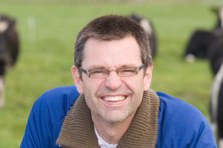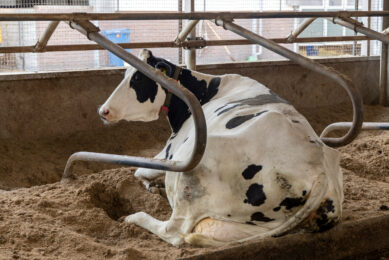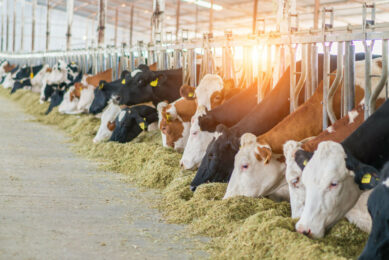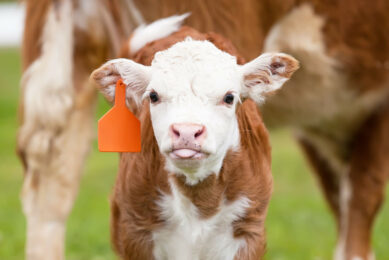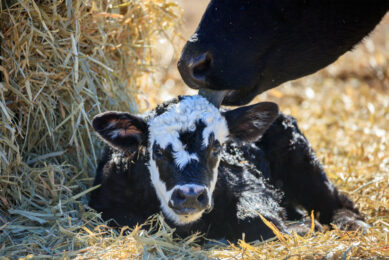5 topics to improve animal welfare and farmer welfare
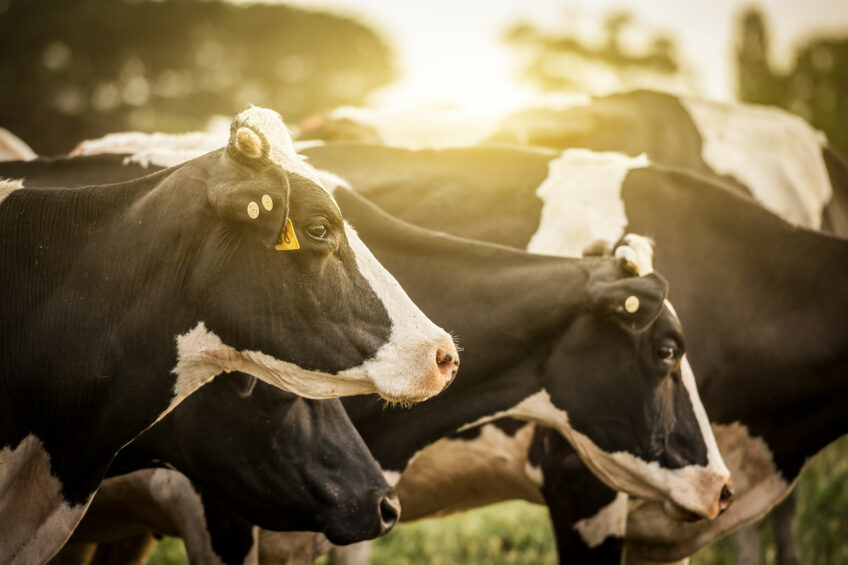
Farmers are facing big challenges. Society expects a lot and legislation increases. Nowadays a farmer is not only someone who takes care of animals, he is more and more an entrepreneur who needs to know everything about everything.
I am convinced that there’s a lot we can do to improve animal welfare, while making life easier for the farmer as well. First of all, I see a big focus on measuring, but not on practical solutions. An increase of auditing and the data coming out of sensors have given us a quicker and better insight in what might go wrong. However, we are forgetting to help the farmer solve the underlying problems. Practical training is the biggest win here. There is hardly any profession with so little attention for continuous education as the agricultural sector. Farmers should be getting new insights more often as well as share practical solutions. Next to this, I believe we should put more energy in prevention.
Prevention of diseases
As a veterinarian, I often had to treat the same diseases. Very unsatisfactory, since I knew exactly what the causes where. To me it is much more interesting to focus on how we can prevent disease. Finally, I believe advisors should get a broader understanding of factors outside their own area of expertise. Feed advisors should not only know about the perfect ration, but also how management and housing impact feed intake. Vets and hoof trimmers should be aware of how to prevent disease and lameness and not only how to treat it. All advisors should also be able to talk about the economic impact of their suggestions. A farmer has a business to run after all.

Focus on practical solutions
It is important to keep in mind that we should not only need to measure behaviour, but also focus on practical solutions. In addition, we should put energy in prevention and lastly, we should go from a broad angle which includes health, management, housing, feed and economics. Regarding this, there are 5 topics that can help us improve animal welfare and farmer welfare.
 Recognising the cow signals
Recognising the cow signals
Start with the foundation. Farmers and their staff should be able to recognise all cow signals and understand what’s causing these signals. Only than you can work on prevention. I believe there’s a lot to gain in exchanging practical ideas among farmers. It is the only way we know for certain that solutions are workable and thus improve farmer welfare. I always say: farmers learn from farmers!
 Stress-free stockmanship
Stress-free stockmanship
Working with cattle is dangerous. Research shows there are still a lot of accidents happening. Some of these accidents can be prevented, if people handle cows in a predicable and stress-free way. We also see that a quiet approach reduces lameness and therefore increases milk production. There are simple techniques available that only a few people know of yet.
 Rearing young stock
Rearing young stock
Well begun is half done. Stillborn calves are a serious issue, for which disease prevention is the only solution. Diarrhoea and coughing calves cost the farmer a lot of time and money anyway. You don’t want any compromised lungs and intestines. Calves that stay healthy, will give more milk and live longer as a dairy cow. We see young stock rearing costs around € 0.03 per litre of milk on a well-run farm, as against € 0.05 on a poorly run farm.
 Focus on feed
Focus on feed
‘Rumen acidosis is the silent killer of our cows’, I have stated earlier. Feed is an important factor in keeping cows healthy. Feeding is often left to the feed advisors, who have an excellent knowledge of feed quality. However, the influence of management and housing is often forgotten. It would be good for farmers and advisors to school themselves on these subjects.
 Focus on people signals
Focus on people signals
No matter how much knowledge you have as an advisor, you have to be just as good at recognising the people signals. Only then you can discover underlying issues, track resistance and help the farmer make sustainable changes. The same goes for farmers and their staff. You can be great at farming yourself, but it only shows in animal welfare and labour efficiency if you get your staff on the same level of expertise.
About CowSignals
CowSignals aims to improve welfare among dairy cattle and to increase working please and income of farmers. We do this by offering practical trainings to dairy farmers, vets, feed advisors, barn designers, inseminators and hoof trimmers. This June we are organising 4 open trainings (in English):
- 19 June: Stress-free stockmanship
- 20 June: YoungStock Signals
- 21 June: Feeding Signals
- 22 June: PeopleSignals
Join 13,000+ subscribers
Subscribe to our newsletter to stay updated about all the need-to-know content in the dairy sector, two times a week.


